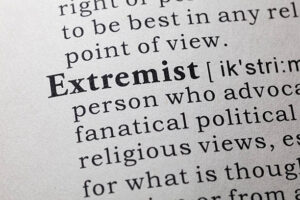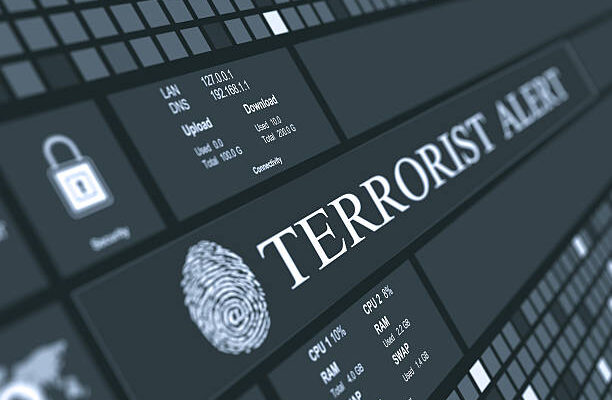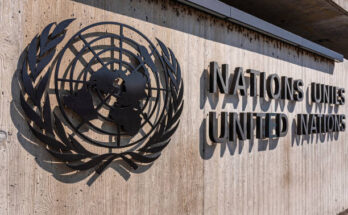Terrorism has been a persistent and devastating global challenge, posing significant threats to national and international security. While it is crucial to address the immediate security concerns posed by terrorist acts, it is equally important to delve into the underlying causes that fuel terrorism. One of the most critical aspects of this inquiry is the examination of the political causes of terrorism. This article seeks to explore the complex web of political factors that contribute to the rise of terrorism.
Defining Terrorism
Before we delve into the political causes of terrorism, it is essential to have a clear understanding of what terrorism is. Terrorism is a multifaceted phenomenon with no universally agreed-upon definition, but it generally involves the use of violence or the threat of violence to achieve political, religious, or ideological objectives. Terrorism is characterized by its deliberate targeting of civilians or non-combatants to generate fear and disrupt society. Understanding this definition is crucial to analysing its political causes.
-
Political Extremism and Radicalization
 (Photo from iStock)
(Photo from iStock)
One of the primary political causes of terrorism is political extremism. This involves the belief in radical, often extremist ideologies, which can manifest in various ways, including religious extremism, ethnonationalism, and extreme political ideologies. Such extremism can be a breeding ground for terrorism when individuals or groups adopt a willingness to employ violence as a means to further their political goals.
- Religious Extremism: Religious terrorism is a prominent example of political extremism. Groups like Al-Qaeda and ISIS, who operate under the banner of radical interpretations of Islam, have been responsible for numerous terrorist attacks. Religious extremists often argue that their actions are justified by religious doctrine, and they seek to establish a theocratic state or impose their religious ideology on others.
- Ethnonationalism: Ethnonationalist movements, rooted in the belief of a particular ethnic or national group’s superiority, can give rise to political violence. These groups may resort to terrorism in their quest for autonomy, independence, or dominance over other groups. The Basque separatist group ETA in Spain and the Irish Republican Army (IRA) in Northern Ireland are examples of ethnonationalist movements that have employed terrorism to further their political objectives.
-
State-Sponsored Terrorism
States can play a significant role in fuelling terrorism, either directly or indirectly, by supporting or harbouring terrorist organizations. State-sponsored terrorism is a complex issue, and it often blurs the line between state actors and non-state terrorists.
- Proxy Warfare: Some states may engage in proxy warfare by supporting non-state actors to achieve their political goals without overtly declaring war. These state-sponsored terrorist groups may carry out attacks on behalf of the state or pursue the state’s interests. During the Cold War, for example, both the United States and the Soviet Union supported various proxy groups in conflicts around the world.
- Covert Support: States can provide financial, logistical, and ideological support to terrorist organizations while maintaining plausible deniability. This covert support allows states to advance their political agendas through terrorism without being held directly accountable for the violence. Pakistan’s alleged support for the Taliban in Afghanistan is a case in point.
-
Failed or Weak States
 (Photo from iStock)
(Photo from iStock)
The absence of effective governance and the presence of weak or failed states create environments conducive to terrorism. Weak state institutions, a lack of rule of law, and political instability can create a power vacuum that terrorist groups exploit.
- Safe Havens: Weak or failed states can serve as safe havens for terrorist organizations. In the absence of a strong government, terrorists can establish training camps, recruit members, and plan and execute attacks with relative impunity. Afghanistan’s role as a safe haven for Al-Qaeda before the U.S. invasion in 2001 is a well-known example.
- Recruitment Grounds: Political instability and the absence of legitimate political outlets can drive individuals toward extremist ideologies and radicalization. In such environments, terrorist organizations may find it easier to recruit disaffected individuals who see terrorism as a means to address their grievances.
-
Nationalism and Separatism
Nationalism and separatism, rooted in political or ethnic identity, have been drivers of terrorism in various regions. Eventually, these movements often seek to establish or protect a distinct political entity based on their identity.
- Tamil Tigers: The Liberation Tigers of Tamil Eelam (LTTE) in Sri Lanka was a separatist group. Over the years, they employed terrorism as a means to further their cause. Including suicide bombings and guerrilla warfare.
- Kurdish Separatism: The Kurdish population is divided among several countries in the Middle East. Including Turkey, Iraq, Iran, and Syria. The Kurdistan Workers’ Party (PKK) in Turkey. And other Kurdish groups have pursued separatist goals through acts of terrorism, with the aim of establishing an independent Kurdish state.
-
Occupation and Conflict
 (Photo from iStock)
(Photo from iStock)
Political grievances arising from foreign occupation and conflict can provide a fertile ground for terrorism. When a population perceives itself as occupied, oppressed, or marginalized, terrorism can emerge as a response to the perceived injustice.
- Palestinian-Israeli Conflict: The protracted Israeli-Palestinian conflict has seen the emergence of several Palestinian terrorist groups, including Hamas and Islamic Jihad. The occupation of Palestinian territories, ongoing conflict, and disputes over land and resources have fuelled terrorism in the region.
- Kashmir Conflict: The disputed region of Kashmir has been a source of political tension and terrorism for decades. Leading to conflict and acts of terrorism by groups seeking independence. Or integration with one of the two countries.
Conclusion
The political causes of this are deeply interconnected and multifaceted. It often emerges as a response to perceived political injustices. And the motives behind terrorist acts can be complex, with political, religious, and ideological dimensions. That considers the various political factors discussed in this article.
Efforts to counter this should involve a combination of political, economic, and social strategies. Evidently, diplomacy, conflict resolution, and the promotion of inclusive. And just governance are crucial in addressing political grievances. Additionally, addressing economic and social inequalities can help reduce the appeal of extremist ideologies and radicalization.
Reference:
Jstor
Thinking about why we need Political Parties, click on the link below:
Why do we need Political Parties




